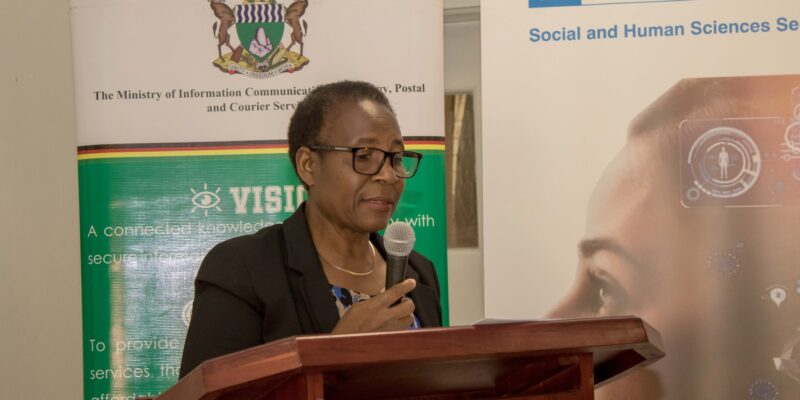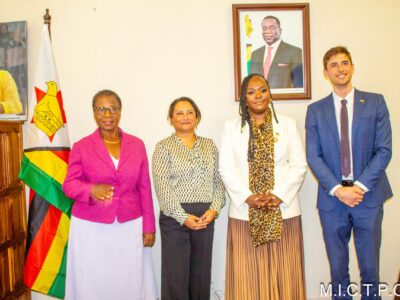In a move that signals Zimbabwe’s commitment to emerging technologies, leading experts from government ministries, academia, civil society, and the private sector have gathered for the First Technical Consultative Workshop to co-create the Zimbabwe National Artificial Intelligence Strategy. The event, officially opened by the Permanent Secretary of the Ministry of ICT, Postal and Courier Services, marks the country’s bold step into the Fourth Industrial Revolution.
“This is a pivotal moment in our nation’s journey towards harnessing the transformative power of the digital age for sustainable and inclusive development,” said the Permanent Secretary. “We stand at a critical juncture where the decisions we make today will determine our nation’s trajectory in the digital age.”
The workshop follows the successful launch of the Zimbabwe AI-RAM report and aims to chart a homegrown, ethical, and practical path for the nation’s artificial intelligence ambitions.
“We are not here to create AI for the sake of technology. This is about solving real problems – improving healthcare, enhancing agricultural productivity, building smart infrastructure, and preparing our youth for the jobs of the future,” the Permanent Secretary emphasized.
Backed by strong policy frameworks like Vision 2030, Smart Zimbabwe 2030, and the National Development Strategy (NDS1 and NDS2), Zimbabwe seeks to use AI not only to catch up with global innovation but to leapfrog development stages and establish itself as a regional technology leader.
“Our economic outlook is promising, with a projected 6.2% GDP growth in 2025. Now is the time to position artificial intelligence as a lever for inclusive growth, national competitiveness, and sustainable development,” the Permanent Secretary noted.
The gathering brought together a diverse group of stakeholders with the goal of ensuring the AI strategy is nationally owned, inclusive, and tailored to Zimbabwe’s unique challenges and opportunities. The strategy will be built on five core principles: ethical design, human-centeredness, practical implementation, national relevance, and inclusivity.
“We must transition from being consumers of AI to becoming developers and exporters of context-relevant AI solutions,” he stated. With over 90% mobile penetration and significant internet connectivity, Zimbabwe is strategically positioned to build a thriving AI ecosystem.
However, the Permanent Secretary also cautioned against the risks of developing AI without inclusive dialogue. “An AI strategy developed in isolation risks exacerbating inequalities or failing to address our national context,” he warned. “That’s why this workshop is so important. We are here to listen.”
The government also recognized the support of international partners, particularly UNESCO, whose technical and financial assistance is playing a crucial role in the development of the strategy.
Looking ahead, the vision for Zimbabwe is one where farmers use AI for precision agriculture, remote clinics benefit from AI diagnostics, small businesses harness global competitiveness, and government services are powered by intelligent, transparent systems.
“This vision is ambitious, but it is attainable. It starts with the foundation we lay here today,” the Permanent Secretary concluded.
As the workshop continues, Zimbabwe positions itself not just as a participant in the digital future, but as an architect of it crafting an AI strategy that reflects its values, priorities, and boundless potential.















Comments